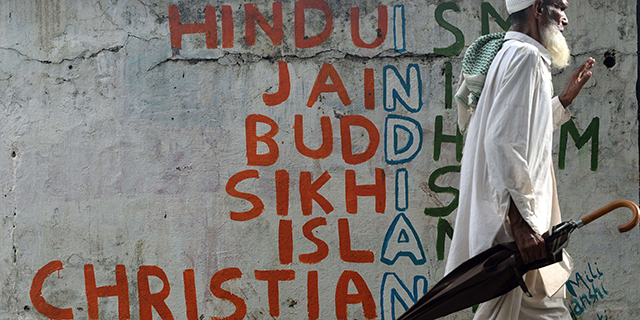prasad1
Active member
In a recent post, I was attacked as anti-India and anti-Hindu. It is demagoguery of this kind that is the rot in society.
People do not understand the proper meaning of the words Patriotism and Nationalism.
"Fake nationalism" is not a standard academic term, but it can be understood as a criticism of displays of nationalism that are seen as insincere, superficial, or opportunistic. It may refer to instances when political leaders or other actors feign patriotic fervor for personal or political gain rather than out of genuine love for their country or its citizens. Here are some contexts in which the idea of "fake nationalism" might be discussed:
Political Opportunism: Politicians might use nationalist rhetoric to win votes or consolidate power, even if their policies or actions don't genuinely benefit the nation or its citizens.
Economic Benefits: Companies might adopt symbols of nationalism in their branding or marketing campaigns to boost sales, even if they don't uphold the values those symbols represent or benefit the country in any meaningful way.
Distraction: Leaders might stoke nationalist sentiments to divert attention from more pressing issues, such as economic downturns or political scandals.
Exclusionary Practices: Some might use a warped form of nationalism as an excuse to marginalize or persecute certain groups, portraying them as "unpatriotic" or "un-national."
Cultural and Symbolic Appropriation: Using national symbols, traditions, or cultural elements in superficial or insincere ways. For instance, wearing traditional clothing or using national symbols for fashion or aesthetics without understanding or respecting their significance.
Critics of "fake nationalism" argue that it dilutes genuine patriotic sentiment and can lead to misguided policies or social divisions. However, the term itself can be controversial. Accusations of "fake nationalism" might be used to dismiss or delegitimize opponents, and what one person sees as insincere, another might view as a genuine expression of national pride.
In any discourse about nationalism, it's essential to be precise and nuanced, recognizing that national identity and patriotism can manifest in diverse ways across different contexts.
People do not understand the proper meaning of the words Patriotism and Nationalism.
"Fake nationalism" is not a standard academic term, but it can be understood as a criticism of displays of nationalism that are seen as insincere, superficial, or opportunistic. It may refer to instances when political leaders or other actors feign patriotic fervor for personal or political gain rather than out of genuine love for their country or its citizens. Here are some contexts in which the idea of "fake nationalism" might be discussed:
Political Opportunism: Politicians might use nationalist rhetoric to win votes or consolidate power, even if their policies or actions don't genuinely benefit the nation or its citizens.
Economic Benefits: Companies might adopt symbols of nationalism in their branding or marketing campaigns to boost sales, even if they don't uphold the values those symbols represent or benefit the country in any meaningful way.
Distraction: Leaders might stoke nationalist sentiments to divert attention from more pressing issues, such as economic downturns or political scandals.
Exclusionary Practices: Some might use a warped form of nationalism as an excuse to marginalize or persecute certain groups, portraying them as "unpatriotic" or "un-national."
Cultural and Symbolic Appropriation: Using national symbols, traditions, or cultural elements in superficial or insincere ways. For instance, wearing traditional clothing or using national symbols for fashion or aesthetics without understanding or respecting their significance.
Critics of "fake nationalism" argue that it dilutes genuine patriotic sentiment and can lead to misguided policies or social divisions. However, the term itself can be controversial. Accusations of "fake nationalism" might be used to dismiss or delegitimize opponents, and what one person sees as insincere, another might view as a genuine expression of national pride.
In any discourse about nationalism, it's essential to be precise and nuanced, recognizing that national identity and patriotism can manifest in diverse ways across different contexts.


